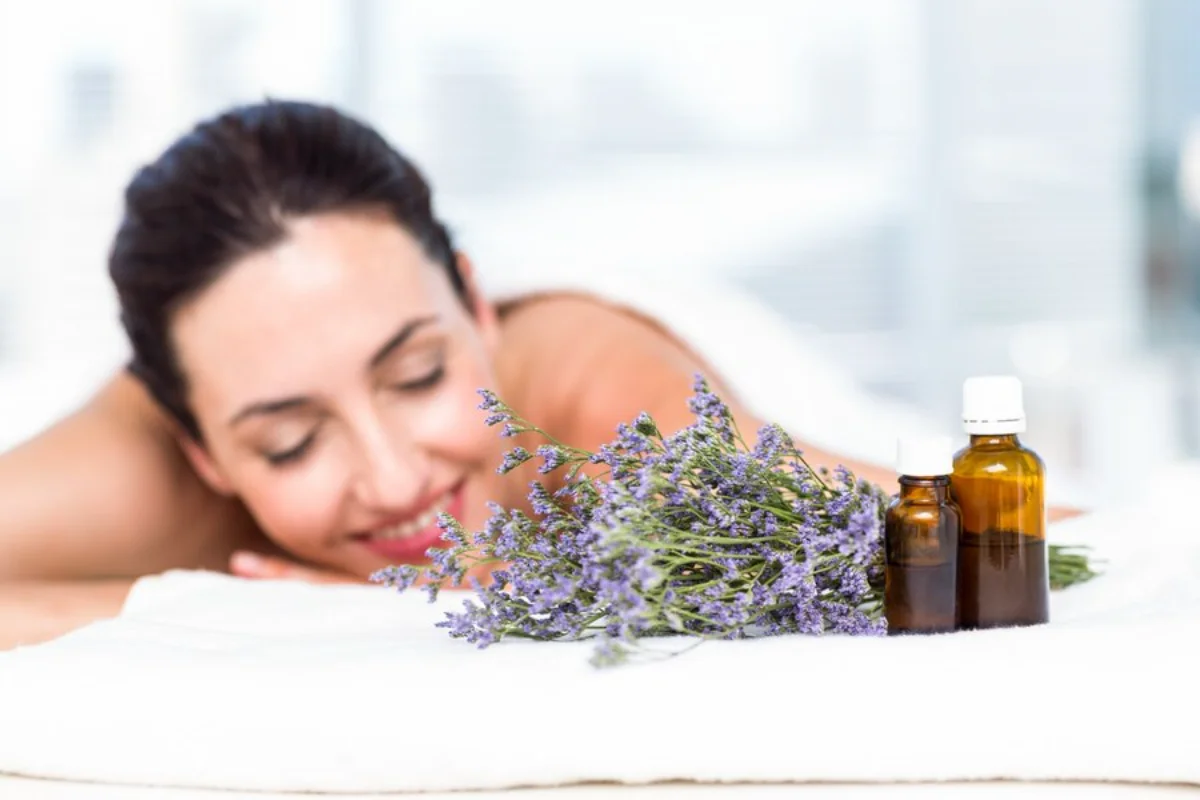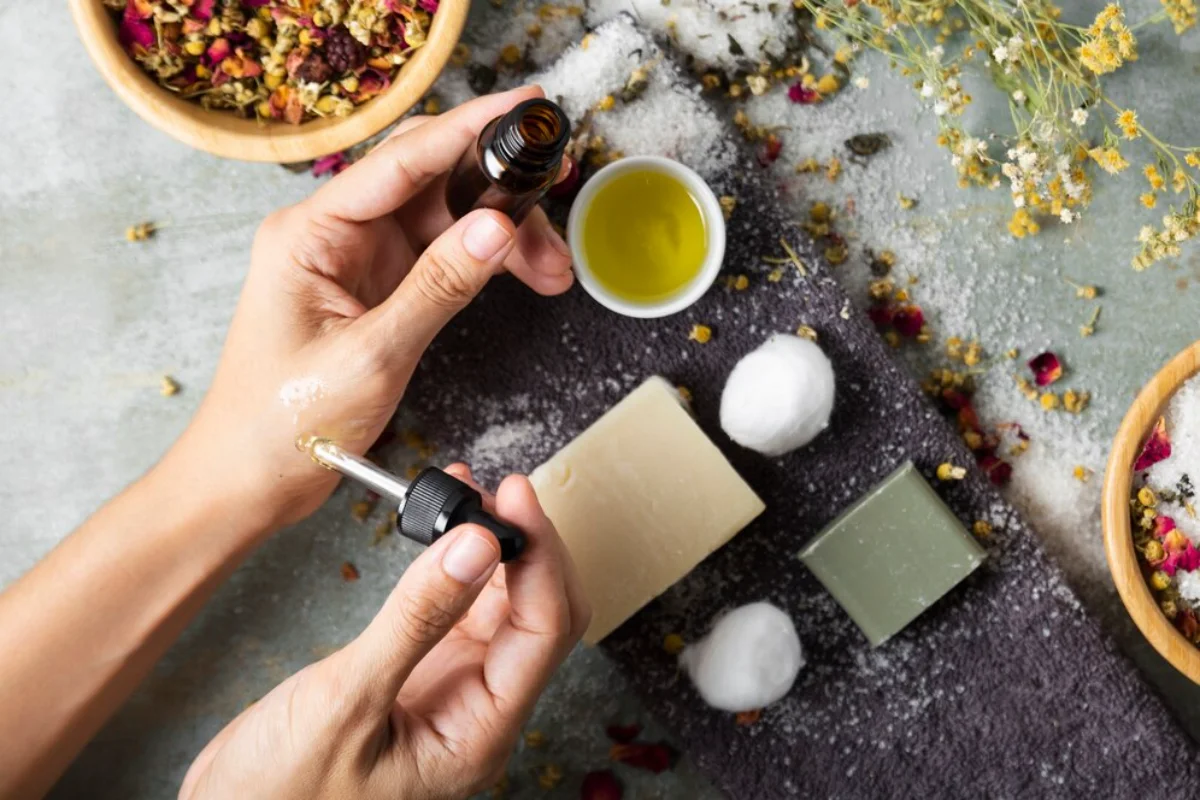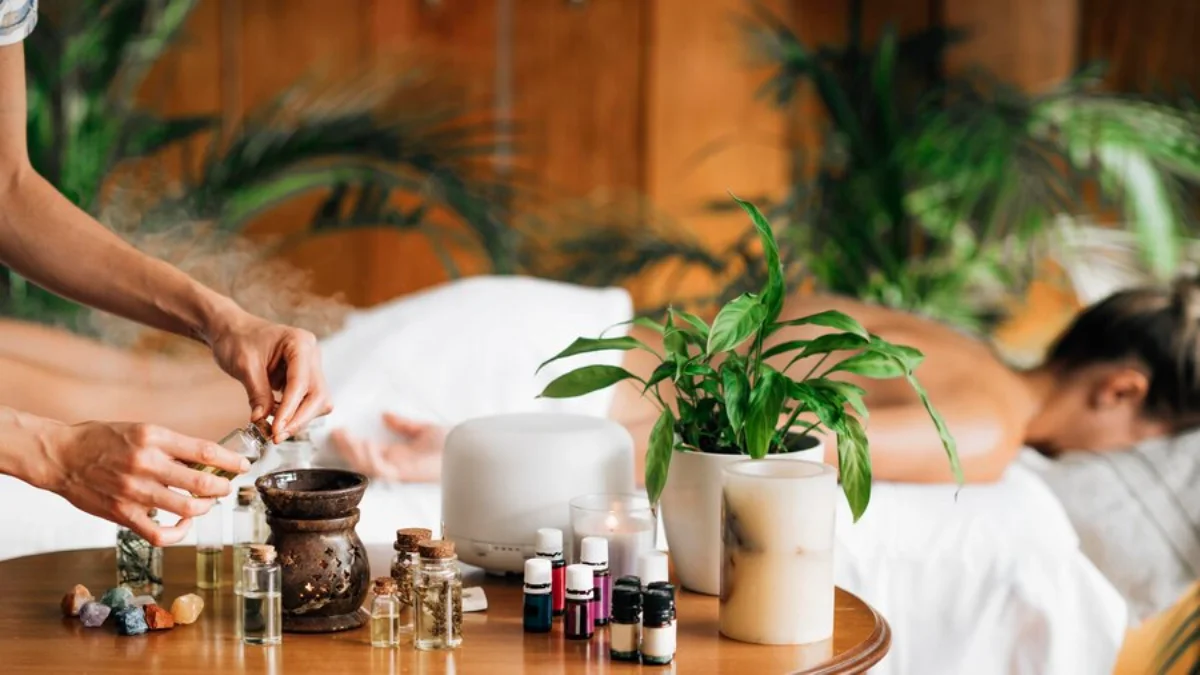
The Science of Aromatherapy: Can Essential Oils Help?
Aromatherapy is gaining popularity as an adjunctive therapy. Many tell of the miraculous health and well-being benefits of essential oils. But what is the science behind it all? Can these aromatic oils benefit our health? This guide explores effective aromatherapy practices and how scents influence mood and health.
Some cultures have used aromatherapy since ancient times. It has evolved over the years and is today an established alternative medicine. The simplicity of it all is what makes it so charming—plants simply use natural plant extracts to boost health. However, some people still doubt its effectiveness. This article addresses these doubts by exploring the science of aromatherapy and its potential benefits.

Key Benefits / Why It Matters
The Growing Popularity of Aromatherapy
As demand for natural health solutions rises, aromatherapy has gained a foothold in the wellness industry. Essential oils, like massage therapy and home diffusers, are used in many places. Many individuals report real improvements in their physical and mental health after adding essential oils to their routines.
The Science Behind Essential Oils for Health
Essential oils are concentrated plant extracts that capture aromas and healing properties. These oils come from processes like steam distillation or cold pressing. Each type has unique compounds that can affect the body and mind.
Studies suggest essential oils can impact health in various ways.
For instance:
- Lavender oil is famous for calming stress and promoting relaxation.
- Peppermint oil has an invigorating scent, boosting energy and focus.
- Eucalyptus oil helps with respiratory issues and congestion.
- Tea tree oil has antibacterial and antifungal properties, aiding skin conditions.
How Scents Affect Mood
The sense of smell is powerful, connecting directly to the brain’s limbic system, which controls emotions and memory. This connection explains why some scents evoke strong feelings or memories. Aromatherapy uses specific scents to influence mood and emotional health.
For example:
- Citrus scents (like lemon and orange) lift mood and ease anxiety.
- Earthy scents (like sandalwood and patchouli) have calming effects.
- Floral scents (like jasmine and rose) promote relaxation and emotional balance.

Step-by-Step Guide / Actionable Insights
Best Aromatherapy Practices
1. Choosing the Right Essential Oils
Picking the right oils is key. Consider the benefits and your preferences. Lavender and chamomile are great for relaxation. Eucalyptus and peppermint are great for respiratory support and energy.
2. Safe Application Methods
You can apply essential oils in several ways:
- Diffusion: An essential oil diffuser spreads the oil in the air for easy inhalation.
- Topical Application: Dilute essential oils with carrier oil (like coconut or jojoba oil) for safe skin application.
- Inhalation: Inhale oils directly from the bottle or tissue for quick relief from stress or congestion.
3. Dos and Don’ts of Aromatherapy
- Do: Perform a patch test before using oils on your skin to check for allergies.
- Do: Use high-quality, pure essential oils from trusted sources.
- Don’t: Ingest essential oils unless guided by a professional.
- Don’t: Apply undiluted essential oils directly to the skin.
Real-Life Applications and Case Studies
Many people have reported significant benefits from using aromatherapy.
For example:
- A Journal of Alternative and Complementary Medicine study found that chemotherapy patients who used ginger and peppermint oils saw nausea and improved well-being when a workplace wellness program with lavender and bergamot oils lowered stress and boosted employee productivity.

Additional Expert Tips & Common Mistakes to Avoid
Expert Tips for Maximising Benefits
- Consistency: Using essential oils regularly can lead to better results. Add aromatherapy to your daily routine.
- Personalisation: Adjust your aromatherapy practices to fit your needs. Try different oils and blends.
- Education: Learn about the properties and uses of various essential oils.
Common Mistakes and Misconceptions
- Overuse: Using too many oils can cause reactions or lessen effects.
- Ignoring Contraindications: Some oils may not suit pregnant women or those with certain medical conditions. Always consult a healthcare professional.
- Viewing Aromatherapy as a Cure-All: Aromatherapy is a complementary therapy, not a replacement for standard medical treatment.
Advanced Insights / Expert Recommendations
The Future of Aromatherapy Research
Interest in holistic health is rising, and scientists are studying essential oils for pain management, anxiety reduction, and cognitive enhancement. Future research may reveal new uses and deepen our understanding of these natural remedies.
Integrating Aromatherapy with Other Therapies
Aromatherapy can complement other treatments, including massage, meditation, and yoga. The integrated approach affords a more comprehensive road to better health.
Essential Oils: Low-Cost Way of Improving Health
Essential oils in aromatherapy can be a potential, low-cost way of improving health. Although the science is still evolving, studies have demonstrated that these oils can have beneficial effects on mood, stress, and overall health. With some best practices in mind and access to truthful information, you can integrate aromatherapy safely into your everyday life.
As you embark on your aromatherapy journey, remain open-minded and open to exploring. Try various oils, methods, and combinations to see what works. Aromatherapy can enrich the experience you seek: relaxation, wake-up energy, and emotional balance.
Ready to reap the benefits of aromatherapy? Get on board with Essential Oils and experience a change in your health and well-being. Aromatherapy Journal—Share your aromatherapy experiences with others, and let’s embrace the power of aromatherapy together.